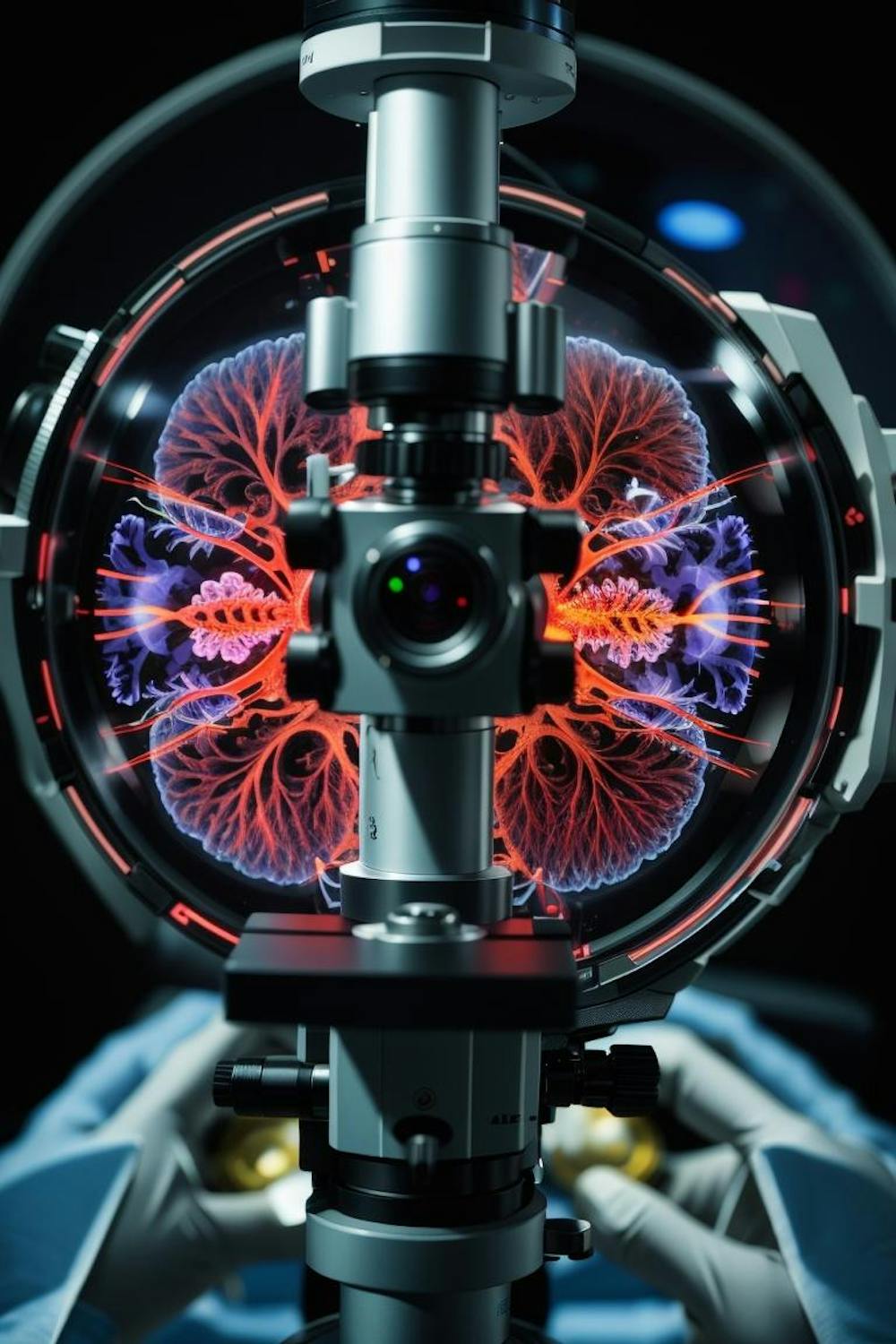In the realm of medical advancements, biomedical engineering shines as the vanguard for a revolutionary era. With its pioneering solutions, such as gene therapy, tissue engineering, and regenerative medicine, this domain is rapidly transforming the landscape of healthcare. Yet, one crucial intersection still remains overlooked—the integration of biomedical engineering in mental health.
The Sinclair Lab at Harvard University is working on reprogramming cells to be young again through epigenetics. It has made progress on creating a drug to slow down aging. Yes, you read that right. This next generation will be adept at prolonging life. The real challenge lies not in the mere extension of years, but in enhancing the quality of those additional years. Our responsibility extends beyond the biological to the psychological, ensuring not just longevity but a life worth living.
Consider this statistic: globally, suicide is the second leading cause of death among those aged 15 to 29, according to the World Health Organization. As the specter of mental illness looms, it becomes imperative to invest in improved diagnostics and treatments— a job for biomedical engineers.
Artificial intelligence-driven cognitive-behavioral therapies, such as Woebot, a chatbot therapist, can provide widely accessible and scalable interventions. Neurofeedback systems like NeurOptimal have shown promise in managing conditions like ADHD and anxiety.
Wearable technology, like the Moodmetric smart ring, can offer avenues for remote tracking and managing of mental well-being, allowing individuals to track their mental health just as easily as their physical health.
These topics of research need more focus, as their developments are still in their infancy. The most clear answer for the future of mental health is in precision psychiatry.
Precision psychiatry—an approach aimed at refining diagnoses and tailoring treatments to individuals based on their unique genetic, environmental, and lifestyle factors—is a promising avenue for the future of mental health care.
This approach, rooted in the principles of biomedical engineering, emphasizes the importance of understanding the underlying causes of mental disorders, rather than just treating the symptoms. Biomedical engineers, by developing advanced neuroimaging and diagnostic tools, are enabling a shift from symptom-based diagnosis to one based on objective neural biomarkers. Furthermore, precision psychiatry recognizes that mental health symptoms exist on a continuum, as suggested by the normal distribution or bell curve, rather than being simply categorized as having a diagnosis or not.
This understanding, facilitated by the data analysis techniques developed by biomedical engineers, informs treatment decisions, emphasizing the need to consider the full story and deep meaning behind a person's symptoms. By aligning this comprehensive understanding of an individual's experiences with advancements in neuroscience and genetics, precision psychiatry offers a more nuanced and effective approach to mental health care.
These objective measures open the possibility of personalized care, aligning treatments with each patient's unique neurobiology.
We have already acknowledged that mental illness warrants the same attention and understanding as physical ailments like diabetes or cancer. The time has now come to research mental health with the same rigor as these other issues. Biomedical engineering has the potential to revolutionize mental health care just as it will physical healthcare.
However, this integration is not without its challenges. Ethical considerations, such as data privacy and the potential for AI bias, must be addressed. But overcoming these obstacles can lead to massive returns.
Enjoy what you're reading?
Signup for our newsletter
The economic implications would be profound and far-reaching.
Improved mental health care can lead to a significant reduction in healthcare costs. According to a global return on investment analysis published in The Lancet Psychiatry, every US dollar invested in the treatment of depression and anxiety leads to a return of 4 dollars in better health and ability to work. Furthermore, mental health disorders have a substantial economic impact due to lost productivity. A study by the World Economic Forum and the Harvard School of Public Health estimated that the cumulative global impact of mental disorders in terms of lost economic output will amount to $16.3 trillion between 2011 and 2030.
By investing in advanced diagnostics and treatments through biomedical engineering, we can potentially mitigate these losses. Moreover, the development and manufacturing of innovative mental health technologies can stimulate economic growth and create jobs in the biomedical sector. Thus, the economic benefits of investing in this field extend beyond healthcare savings, contributing to a healthier and more productive society.
The intersection of biomedical engineering and mental health is not just a promising prospect, it’s a necessity. Support from policymakers, researchers, and the public towards research and development is crucial, for the sake of our collective mental health and wellbeing. By directing our resources towards precision psychiatry, we unlock a future that empowers individuals to not only survive but thrive.




